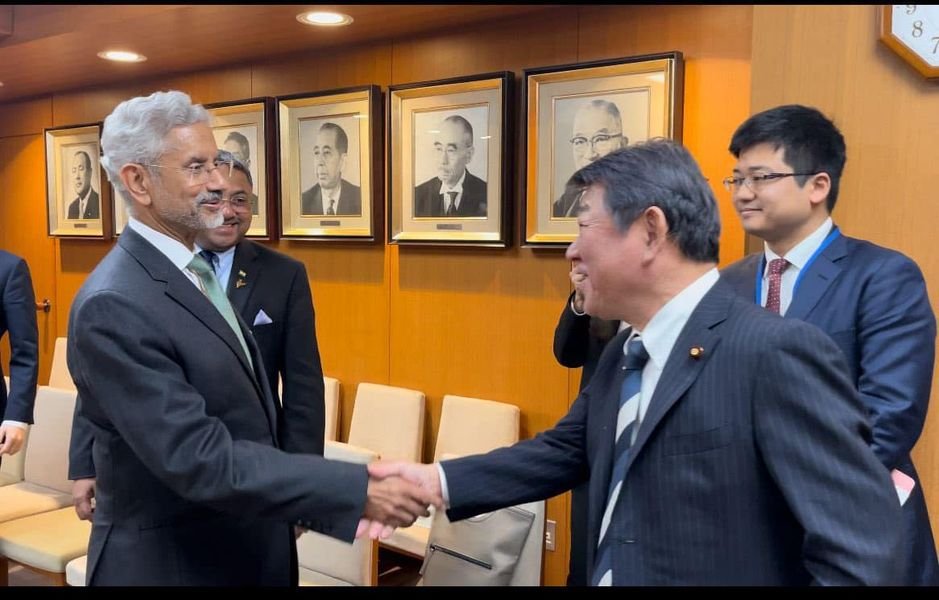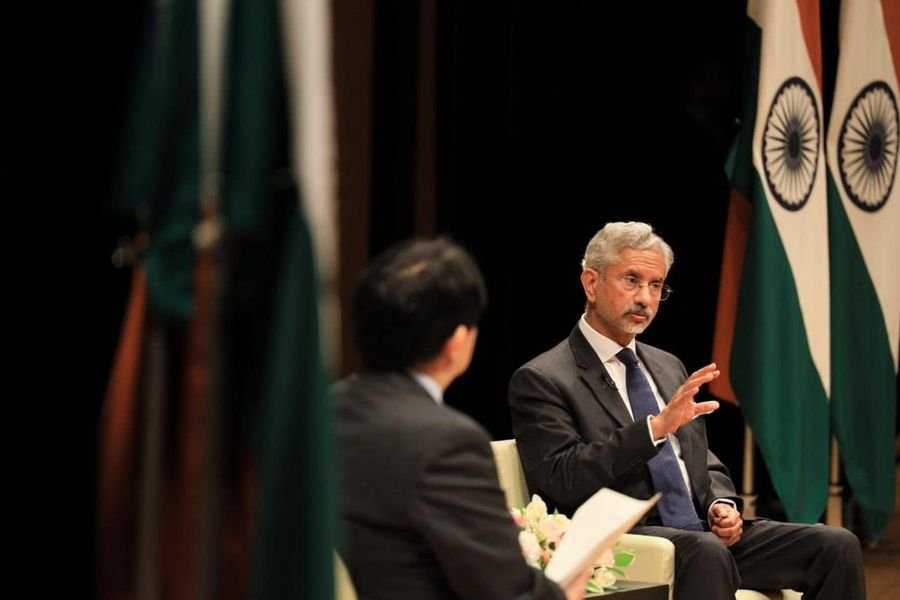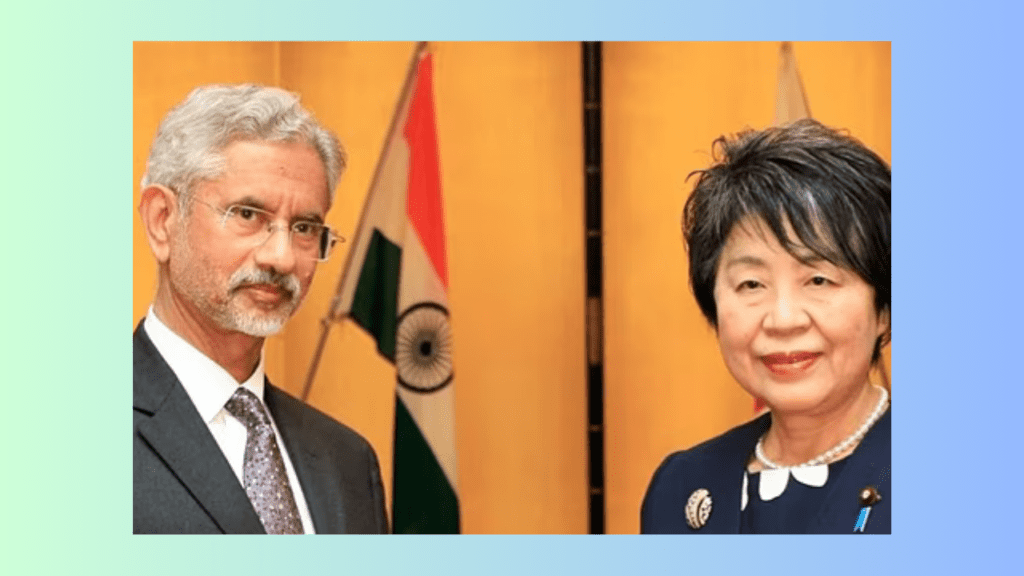The urgent need for reform within the United Nations Security Council (UNSC) was recently brought to light by India’s Minister of External Affairs, S. Jaishankar. As India’s position on the Ukraine crisis and its ties to Russia came under intense scrutiny worldwide, he made these remarks.
Table of Contents
S. Jaishankar’s Diplomatic Discourse

Jaishankar, during an interview while on his diplomatic visit to Japan, articulated India’s perspective on international relations and the functioning of global institutions, particularly the UNSC.
Considering India’s Position Regarding the Ukraine Crisis
In response to questions about India’s failure to denounce Russia’s actions in Ukraine, Jaishankar emphasised the historical background of India. He emphasised that India has frequently been marginalised on the international scene despite dealing with territorial aggression.
Commentary by Jaishankar also criticised the selective implementation of international principles by some Western countries. He brought out the frequent practice of nations selecting topics that best serve their own interests while disregarding comparable circumstances in other regions. India’s demand for a more moral and coherent approach to international affairs is reinforced by this insight.
S. Jaishankar’s Vision for UNSC Reform

India has traditionally pushed for equal representation in international organisations, and this is reflected in Jaishankar’s emphasis on UNSC reform. Let’s examine the main issues he brought up in relation to the requirement for reform:
Membership Expansion
Jaishankar highlighted the significant growth in the number of UN member states since its inception. With nearly 200 member states today, the UNSC’s decision-making dynamics must evolve to accommodate the diverse perspectives and interests of its members.
Leadership Adaptation
As the world undergoes rapid geopolitical shifts, Jaishankar stressed the necessity for the UNSC’s leadership and decision-making mechanisms to evolve accordingly. The current structure, dominated by the victors of World War II, fails to adequately represent the geopolitical realities of the 21st century.
Overcoming Opposition to Change
Jaishankar’s remarks also alluded to the challenges posed by certain permanent UNSC members, notably China, who oppose reforms that could dilute their influence. Despite growing support for India’s inclusion in the UNSC, entrenched interests have impeded meaningful progress towards reform.
India’s Political Landscape
Beyond international diplomacy, Jaishankar addressed queries regarding his political future and India’s energy policies:

Political Ambitions
S. Jaishankar’s response regarding his potential candidacy in the upcoming Lok Sabha elections highlighted his commitment to party decisions and parliamentary responsibilities. His reiteration of loyalty to the party reflects the disciplined approach expected from political leaders in India’s parliamentary system.
Energy Diplomacy
Jaishankar’s defense of India’s decision to purchase oil from Russia amidst Western pressure underscores India’s prioritization of national interests and sovereignty in its foreign policy decisions. This stance resonates with India’s pursuit of diverse energy sources to meet its growing demands.


